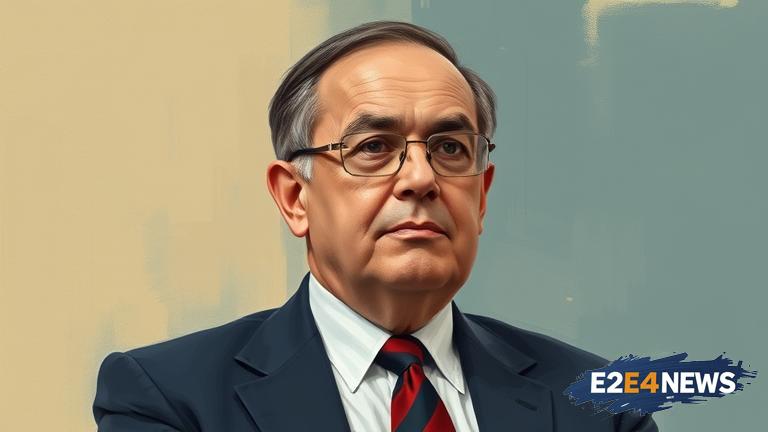Ion Iliescu was a key figure in Romanian politics, serving as the country’s first freely elected president after the fall of communism. He was born on March 3, 1930, in Oltenița, Romania, and studied engineering at the Bucharest Polytechnic Institute. Iliescu’s entry into politics began in the 1950s, when he joined the Romanian Communist Party. However, he soon became disillusioned with the party’s authoritarian tendencies and began to advocate for reform. In 1989, Iliescu was a key player in the Romanian Revolution, which saw the overthrow and execution of communist dictator Nicolae Ceaușescu. Following Ceaușescu’s death, Iliescu became the president of the National Salvation Front, a coalition of opposition groups that had formed to challenge the communist government. In 1990, Iliescu was elected as Romania’s first freely elected president, marking a significant turning point in the country’s transition to democracy. During his presidency, Iliescu implemented a range of reforms aimed at liberalizing the economy and promoting democratic institutions. He also played a key role in Romania’s integration into European institutions, including the European Union and NATO. Iliescu’s presidency was not without controversy, however, and he faced criticism for his handling of ethnic tensions and his response to allegations of human rights abuses. Despite these challenges, Iliescu remained a dominant figure in Romanian politics, serving as president from 1990 to 1996 and again from 2000 to 2004. Throughout his career, Iliescu was driven by a commitment to democratic values and a desire to see Romania take its place as a respected member of the international community. His legacy continues to be felt in Romania today, with many regarding him as a champion of democracy and a key architect of the country’s transition to freedom. Iliescu’s impact on Romanian politics extends beyond his own presidency, as he helped to establish a new generation of democratic leaders and paved the way for the country’s future growth and development. In recognition of his contributions to democracy, Iliescu has received numerous awards and honors, including the Grand Cross of the Order of the Star of Romania. Despite his many achievements, Iliescu remains humble and dedicated to his country, continuing to play an active role in Romanian politics and public life. His commitment to democratic values and his tireless advocacy for human rights have made him a respected figure both at home and abroad. As Romania continues to navigate the challenges of the 21st century, Iliescu’s legacy serves as a reminder of the importance of democratic principles and the need for continued vigilance in defense of human rights. In conclusion, Ion Iliescu’s life and career serve as a testament to the power of democracy and the importance of individual action in shaping the course of history. His contributions to Romanian politics and his commitment to democratic values have left a lasting impact on the country and its people. As a champion of freedom and a defender of human rights, Iliescu’s legacy will continue to inspire future generations of leaders and citizens alike. The impact of Iliescu’s presidency can still be seen in Romania’s modern political landscape, with many of the country’s current leaders drawing on his legacy and experience. Iliescu’s commitment to European integration and his role in promoting Romania’s membership in the EU and NATO have also had a lasting impact on the country’s foreign policy and international relations. In the years since his presidency, Iliescu has remained a respected and influential figure in Romanian politics, continuing to advocate for democratic values and human rights. His legacy serves as a reminder of the importance of leadership and the need for continued commitment to democratic principles in the face of challenges and adversity. As Romania looks to the future, Iliescu’s contributions to the country’s transition to democracy will remain an essential part of its history and identity.
